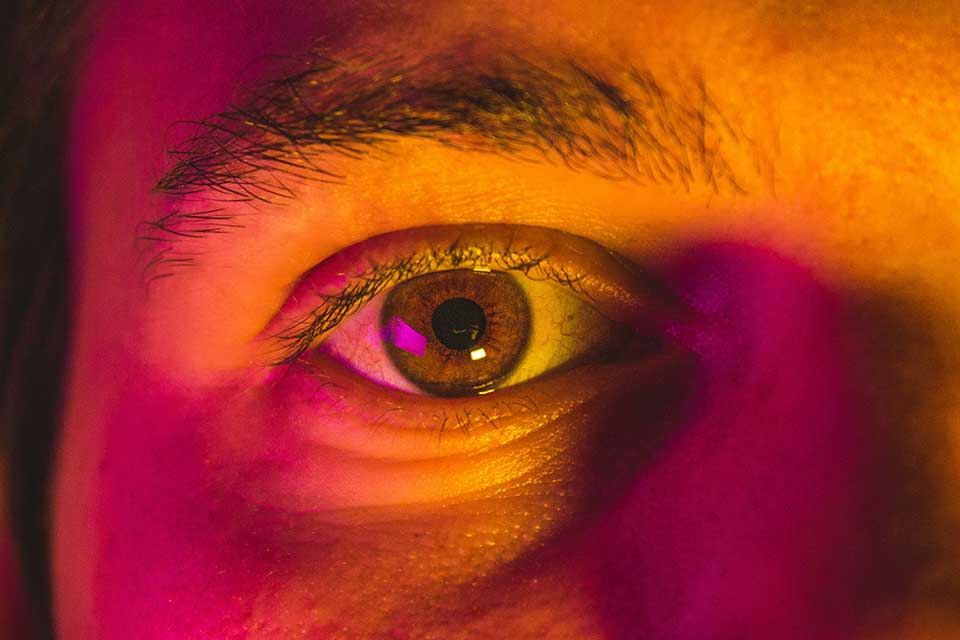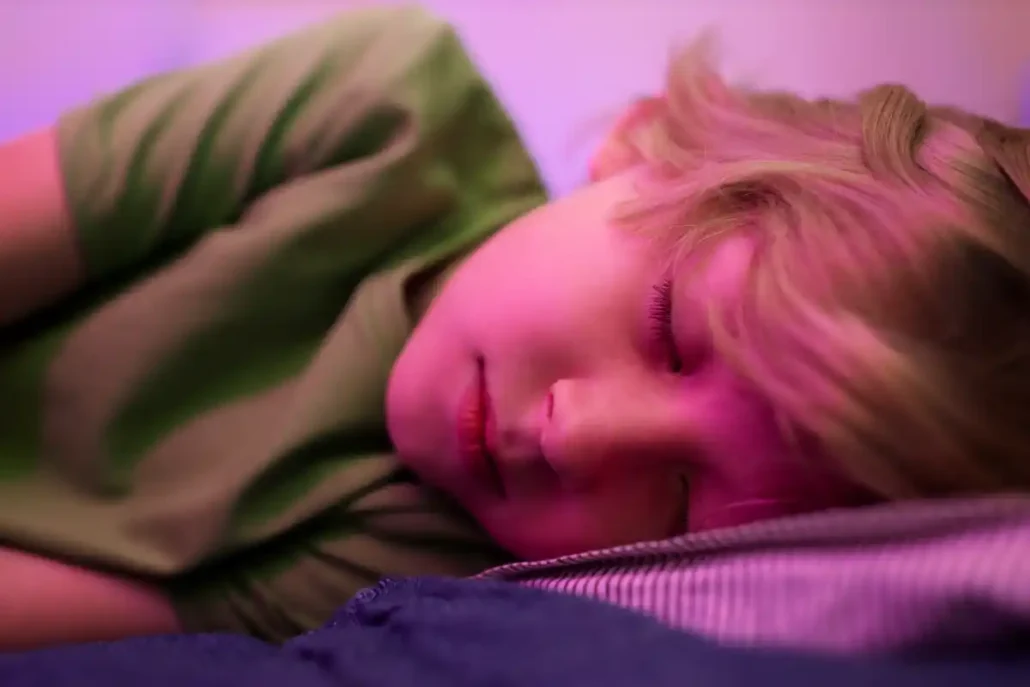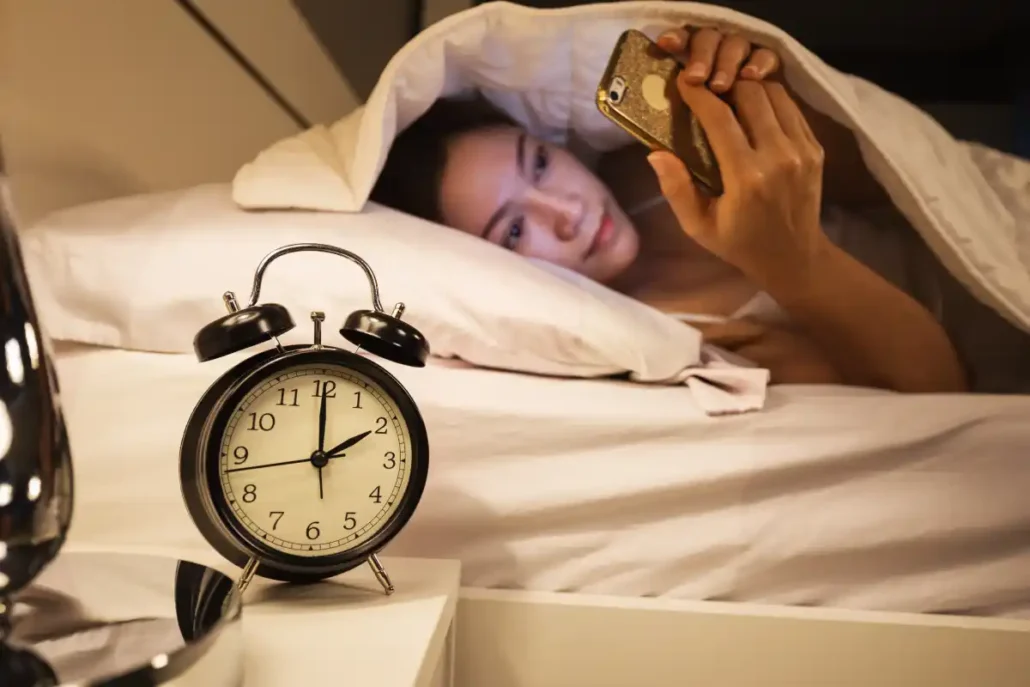
“When we close our eyes and enter the realm of dreams, our minds embark on journeys beyond our waking comprehension.” – Unknown
Explore different aspects of sleep phenomena, uncovering interesting facts and shedding light on the unique events that happen while we sleep!
Beyond Sleep
From lucid dreaming to episodes of sleepwalking and talking, and conditions like hypersomnia, insomnia, and sleep paralysis, these sleep phenomena provide insight into the complexities of our sleep experiences.
Lucid Dreaming
About 50% of people have experienced lucid dreams in their lives, while about 20% lucid dream regularly.
What is lucid dreaming?
Lucid dreaming is a unique state where you become aware that you’re dreaming while still in the midst of a dream. In this vivid and immersive experience, dreamers often gain the ability to control certain aspects of their dreams, transforming the narrative to their liking. Lucid dreaming occurs during the rapid eye movement (REM) phase of sleep, typically in the later hours of the night.
Sleep Walking
If a parent sleepwalks, their child has a 47% chance of sleepwalking. If both parents have a history of sleepwalking, the chance increases to 62%.
What is sleep walking?
Sleepwalking, or somnambulism, is a unique sleep disorder where an individual engages in complex activities while still in a state of deep slumber. This phenomenon usually occurs during the non-rapid eye movement (NREM) phase of sleep, particularly in the first half of the night. Although more common in children, sleepwalking can persist into adulthood.
Sleep Talking
Sleep talking is more common in children, with roughly 50% of kids aged 3-10 experiencing somniloquy at least once a year.
What is sleep talking?
Sleep talking, or somniloquy, is a sleep-related phenomenon where individuals vocalize during their sleep without being aware of it. This typically occurs during the non-rapid eye movement (NREM) phases of sleep, particularly during the transitions between sleep stages. While the exact cause of sleep talking is not fully understood, stress, sleep deprivation, and certain medications can contribute to its occurrence.
Hypersomnia
Excessive daytime sleepiness, a key feature of hypersomnia, can be a symptom of underlying conditions like sleep apnea or narcolepsy.
What is hypersomnia?
Hypersomnia is a sleep disorder characterized by excessive daytime sleepiness, leading to prolonged and unrefreshing naps throughout the day. Unlike feeling tired due to lack of sleep, people with hypersomnia can struggle to stay awake and alert despite getting sufficient nighttime sleep, impacting daily functions and affecting work, school, and social activities.
Insomnia
Women are nearly twice as likely as men to experience insomnia.
What is insomnia?
People with insomnia often face challenges falling or staying asleep, leading to daytime fatigue, irritability, and impaired concentration. This condition can be acute, lasting a short time, or chronic, persisting for weeks or months, and causes can range from stress and lifestyle factors to underlying medical conditions.
Sleep Paralysis
Different cultures have attempted to explain sleep paralysis through folklore and mythology, such as the “pisadeira” in Brazil and the “kanashibari” in Japan.
What is sleep paralysis?
Sleep paralysis is a phenomenon in which a person temporarily experiences an inability to move or speak while falling asleep or waking up. It occurs due to a brief disruption in the transition between sleep stages, particularly the rapid eye movement (REM) phase. During episodes, individuals may feel a sense of pressure on the chest and vivid hallucinations.
Want More Sleep Content?
We think you might like these posts…
3 Benefits of Sleep for Brain Health



